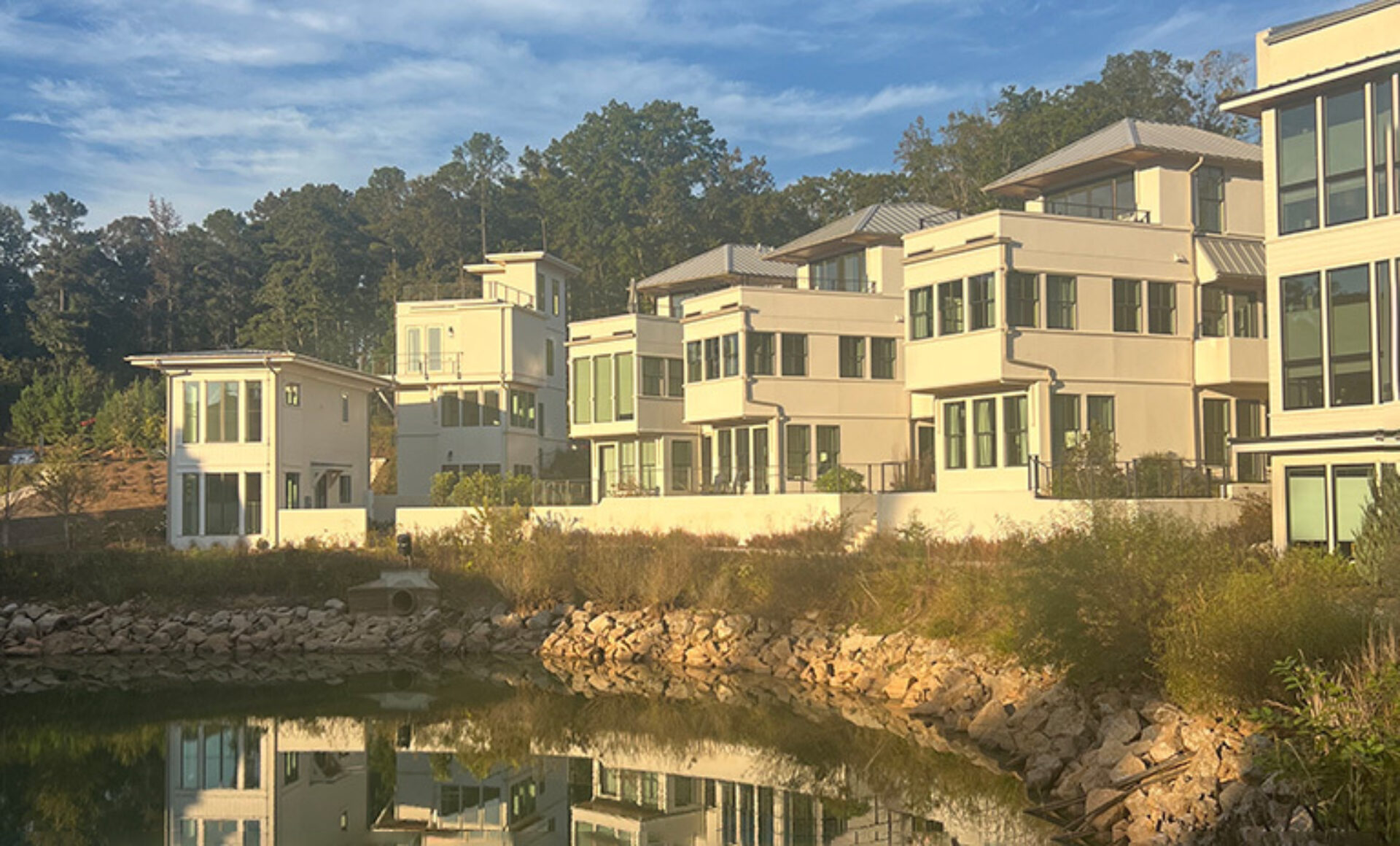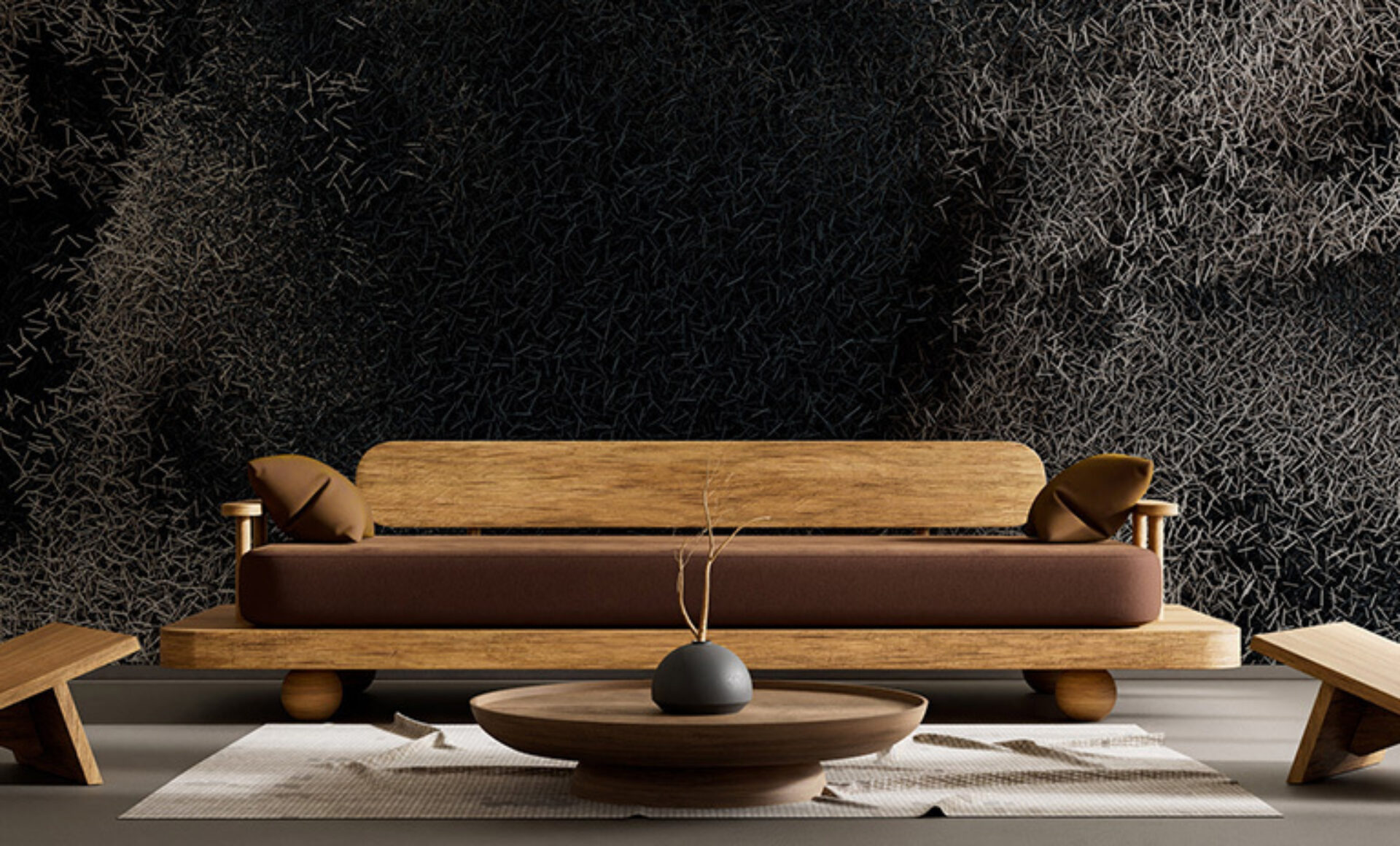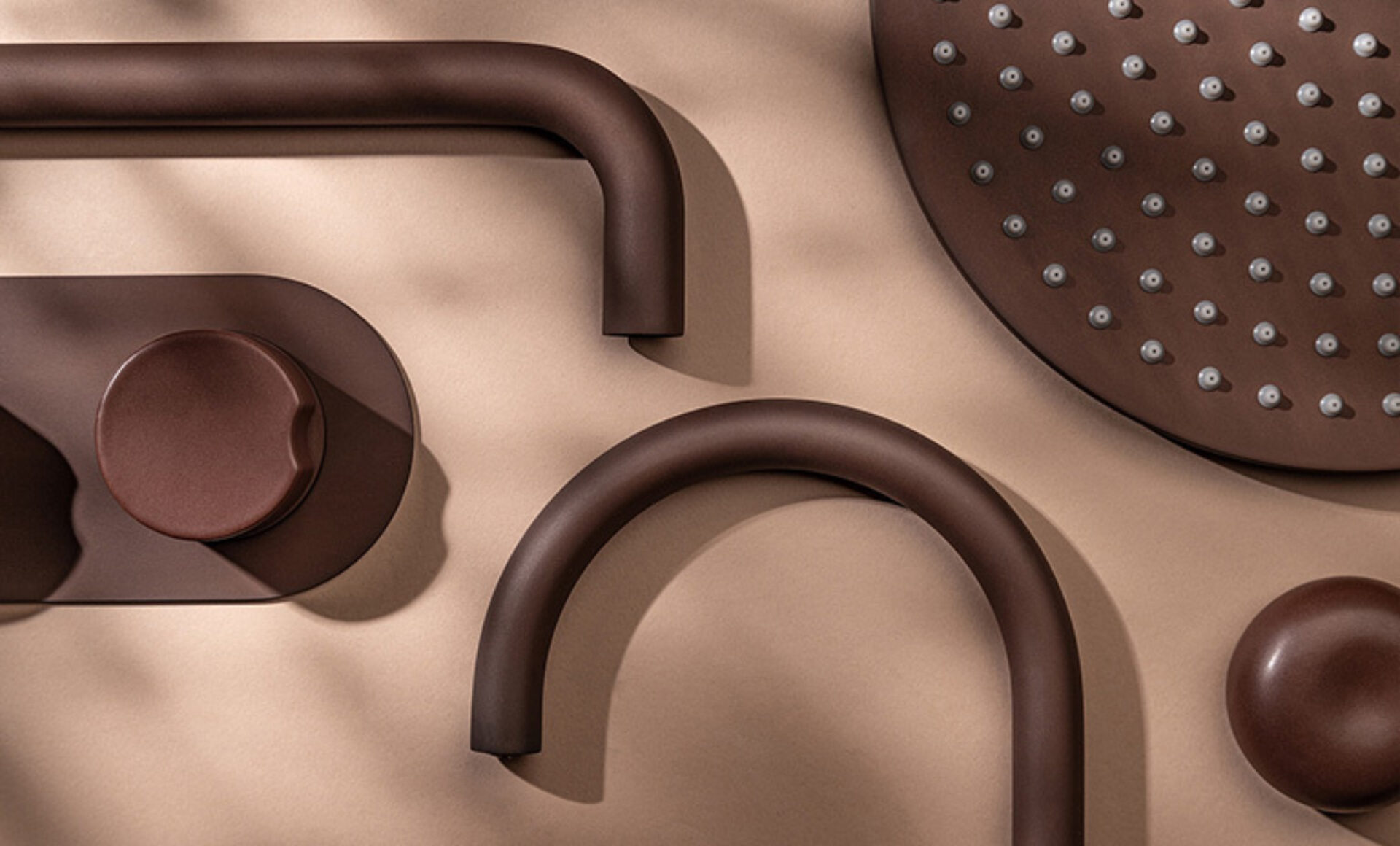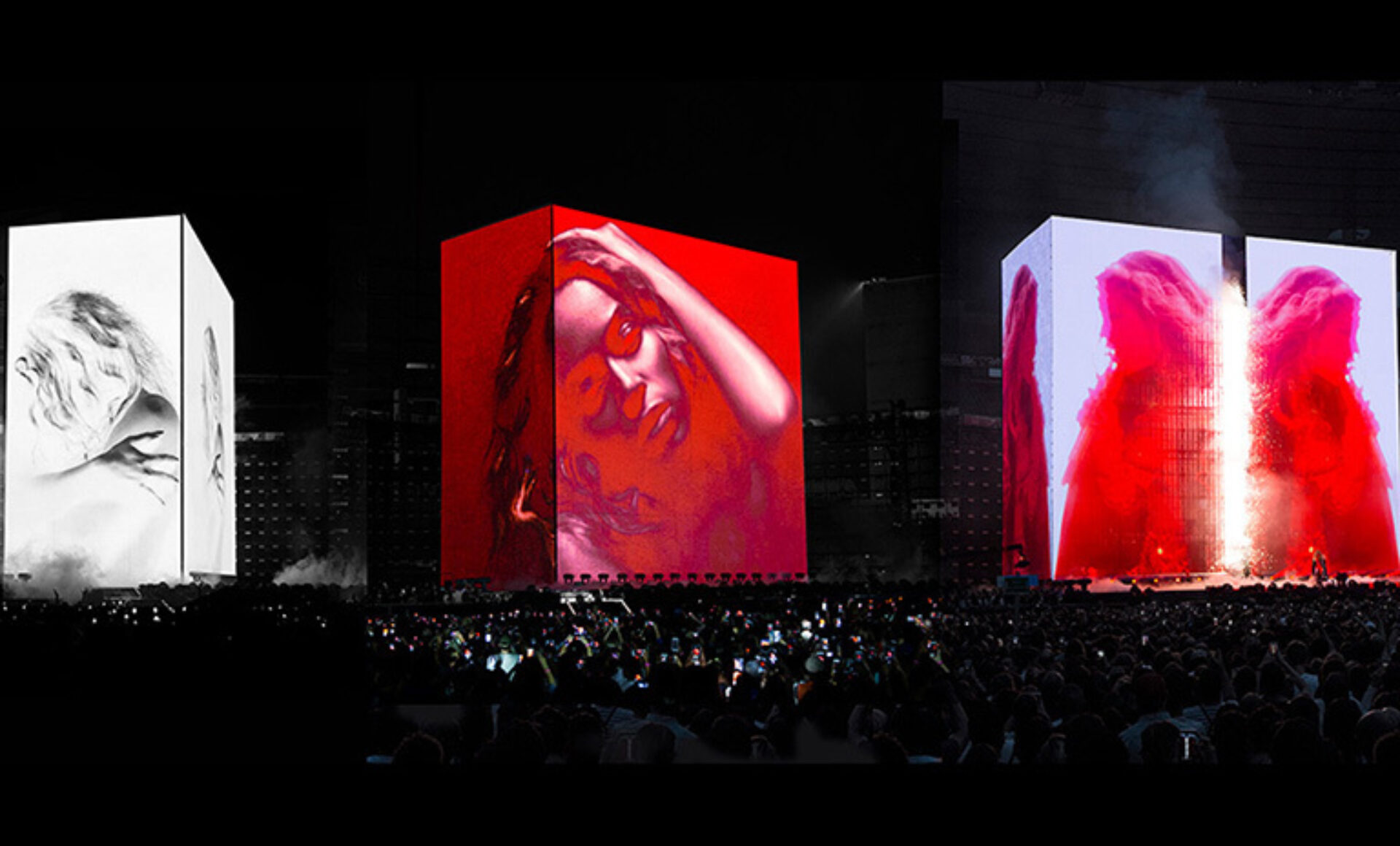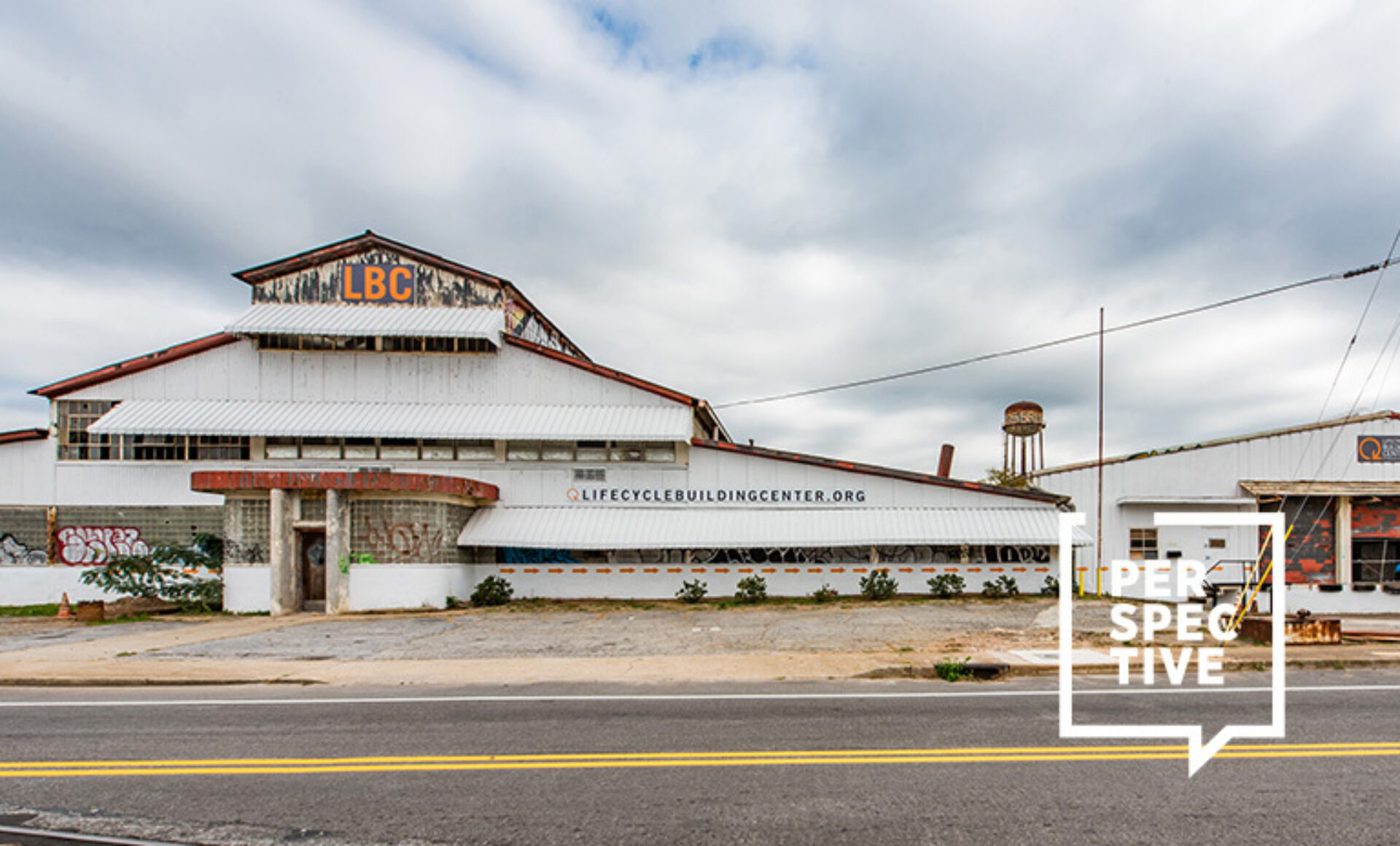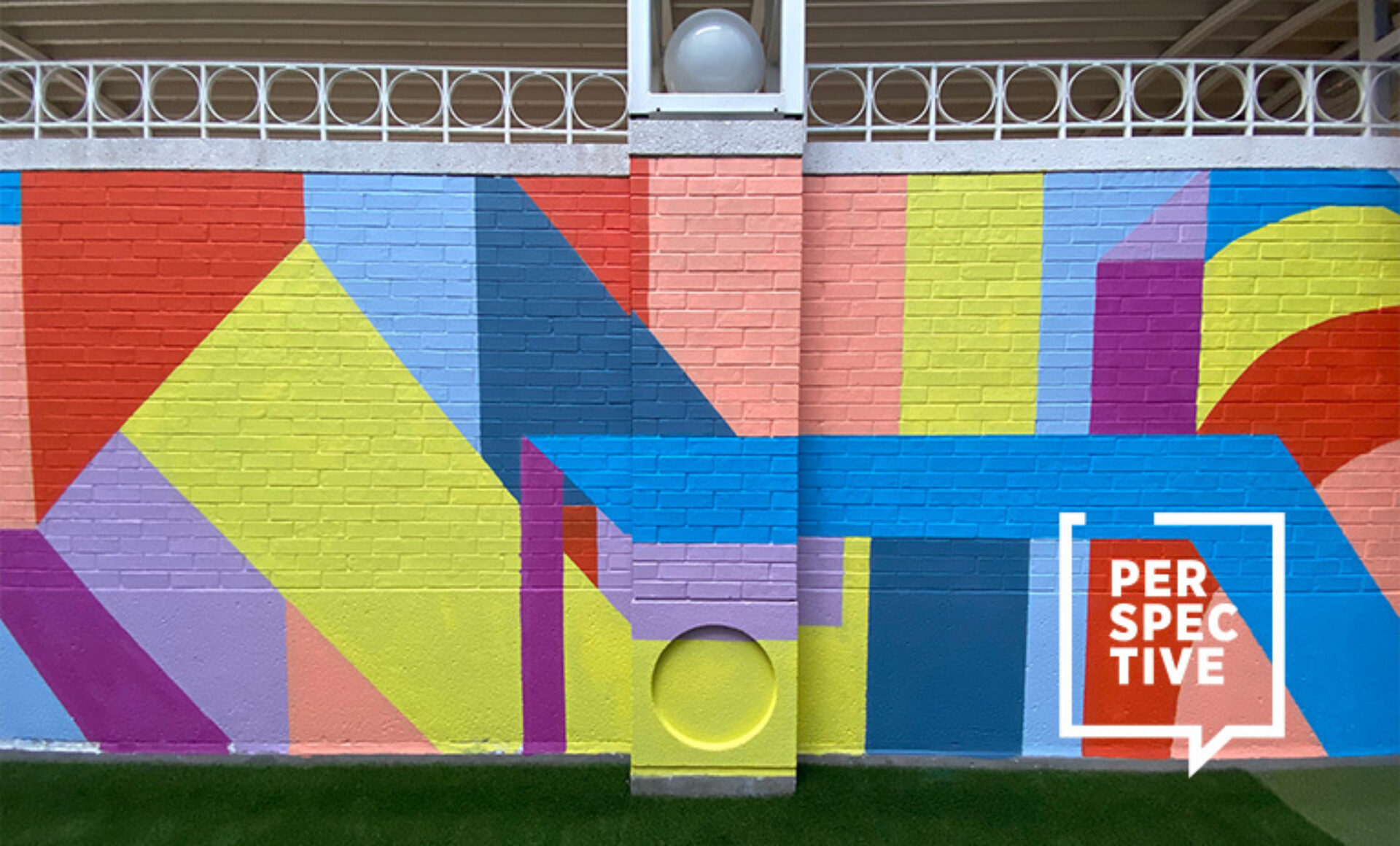In an age where sustainability has shifted from a buzzword to an imperative, design industries globally are spearheading innovations that marry functionality with eco-friendliness. From groundbreaking architectural marvels in serene fjords to repurposed food waste manifesting as majestic teahouses, the confluence of aesthetics and green thinking is reshaping the way we envision our surroundings. Dive into these five noteworthy projects and products that seamlessly blend art with environmentally conscious design, offering a glimpse into a future where every creation reveres our planet.
Salmon Eye by Kvorning Design
Floating in a Norwegian Fjord and designed by Kvorning Design, a futuristic structure offers a holistic visitor experience, combining architecture with education, prioritizing sustainability, and minimal environmental disruption: Salmon Eye visitor center. Serving as an educational hub for responsible aquaculture, it features exhibitions on sustainable seafood cultivation and programming designed to raise awareness around overfishing, an under-discussed environmental crisis predicting complete ocean biomass depletion by 2048. The most intriguing part? The building’s unique design resembles a salmon's eye with 9,500 steel fish-scale panels. Additionally, its top serves as a stage, designed to be visible on Google Maps. Merging architecture, interior design, and high-end technology, the Salmon Eye learning center presented an exciting challenge for the design team while offering an educational opportunity for the visitors.

Image courtesy of KvorningDesing.com

Image courtesy of KvorningDesing.com
Veneti-An Tea House at the Venice Biennale
Created out of pasta and coffee waste, the Veneti-An Tea House, displayed at the Venice Biennale of Architecture 2023, is a sustainable Japanese-Italian fusion prototype brought to life by Takaaki Fuji (Mitsubishi Jisho Design and tyfa / Takaaki Fuji + Yuko Fuji Architecture,) Hiroya Image (Mitsubishi Jisho Design,)and De Yuan Kng (Mitsubishi Jisho Design Asia.) Featured in the European Cultural Center exhibition, "Time Space Existence," the structure is adaptable to various locations: its design emphasizes sustainability, local context, and optimized sunlight based on latitude, reflecting Venice's unique tea culture. Using 'food concrete' technology—involving food waste that becomes biodegradable cement—combined with recyclable materials like paper and cork, the tea house is lightweight, transportable, and designed for minimal carbon footprint. The best part? After the exhibition, its parts can be repurposed into furniture.

Image courtesy of Mitsubishi Jisho Design
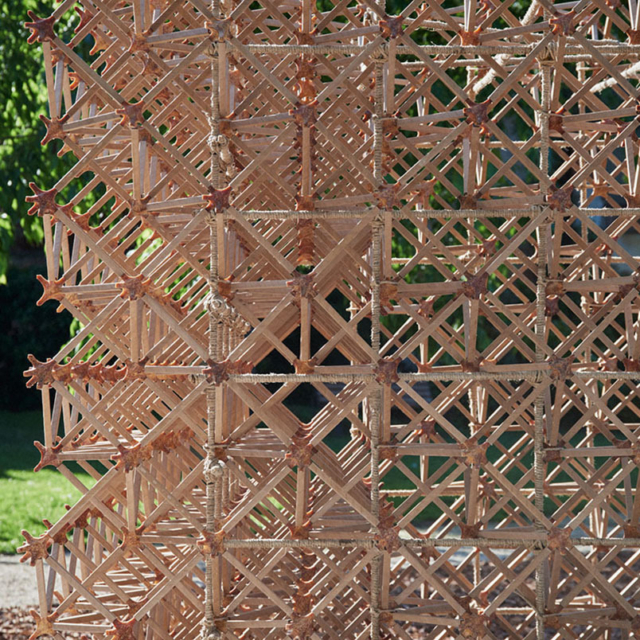
Image courtesy of Mitsubishi Jisho Design

Image courtesy of Mitsubishi Jisho Design
Forest Club Collection by Andreu World
Andreu World, in collaboration with French industrial architect and designer Philippe Starck, has launched the Forest Club Collection—one that emphasizes sustainability and recyclability. This modular seating range, designed with plywood frames, employs medieval joinery techniques, utilizing wood over metal for easy assembly and enhanced recyclability. Combining design with functionality it has several eco-friendly features: it uses limited materials, incorporates recycled fabric from PET and textile waste, reduces water and energy consumption, and is FSC-certified. Moreover, the GreenGuard Gold certification confirms its superior indoor air quality standards. Finally, the Forest Collection sofa features a unique dual-toned wooden exterior made of walnut and oak, enveloping a soft, ergonomic interior—a design that radiates timeless style, comfort, and versatility.

Image courtesy of andreuworld.com

Image courtesy of andreuworld.com
Volterra by Bowlus
The world's first all-electric RV, the Bowlus Volterra brings together design sophistication and cutting-edge technology; power and sustainability. The all-electric, ultra-luxurious trailer is shaped like a falling raindrop. It features a unique AeroSolar Solar System that charges on the go or when camping and is equipped with modern amenities including an induction cooktop, high-speed Starlink satellite internet, hydronic heating, an AeroSolar system, a robust 17 kWh lithium battery pack, a 3,000 W inverter, real-time over-the-air monitoring, a backup camera, and various other advanced features. Enhancing the travel experience even further, the Bowlus Volterra introduces a limited-edition color theme named La Cumbre, inspired by the mountain peak near Santa Barbara, California. This special edition featured vegan seating in "Ynez" with "Rafael" accent piping, reminiscent of a Californian sunset. Your experience in your Bowlus can be as luxurious or as nature-centric as you'd like but one thing is for certain: this is glamping at its finest.

Image courtesy of Bowlus

Image courtesy of Bowlus

Image courtesy of Bowlus
Sustainable Tiles by LIVDEN
San Diego–based LIVDEN is deeply committed to environmental sustainability, from eco-friendly tiles made of recycled materials to green manufacturing partnerships. Their product range includes the pastel-hued Chutes and Ladders tile design, the Deco Sol series featuring a simple half-moon design inspired by the endless beauty of summer sunrays, and Chunky Terrazzo —think old world with a hint of modernism—that comes in three colorways: Amalfi, Rosette, and Tangelo. All LIVDEN tiles (a range of 60 distinct patterns) are sustainably produced in the USA, designed by California-based artists, and crafted to complement any living space while at the same time utilizing eco-friendly materials to minimize environmental impact. More than mindfully collaborating with green suppliers, LIVDEN stands as a pillar of corporate social responsibility, spearheaded by a female-led team and upheld through fair wage policies and community engagement. Their practices have earned them the Treehugger Best of Green 2021 Award—an honor that cements their dedication to eco-friendly operations.

Image courtesy of LIVDEN

Image courtesy of LIVDEN

Image courtesy of LIVDEN


